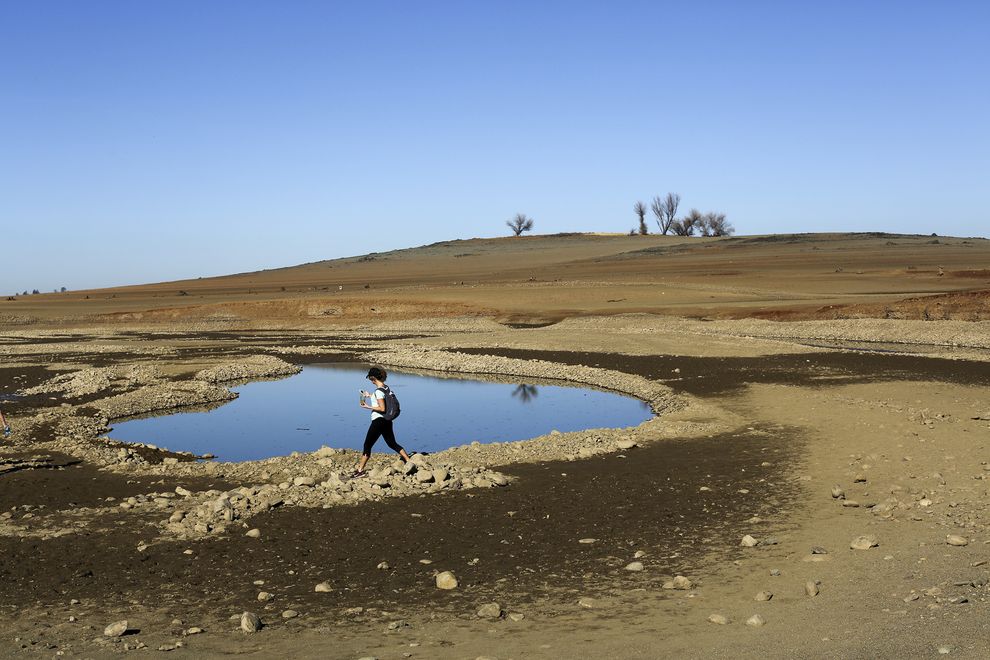2014 Confirmed as Hottest Year On Record, With Spike in Ocean Temperatures

The year 2014 was the hottest since record-keeping began in 1880, according to independent reviews of temperature data released Friday by NASA and theNational Oceanic and Atmospheric Administration.
Globally, land and ocean temperatures were 1.24°F (0.69°C) higher than the average for the 20th century—passing previous highs set in 2005 and 2010.
The announcement comes as international negotiators are still struggling to reach agreement to reduce global carbon dioxide emissions in the wake of increasingly alarming predictions from climate scientists around the world.
The warming last year broke regional records from Australia to Anchorage and from southern Europe to South America. Every continent on Earth had regions that broke high-temperature records.
But it was the ocean that saw the most substantial increase, with sea-surface temperatures rising higher than they did even in 1998, a year deeply influenced by an El Niño event. During an El Niño, warm water that has been piled up in the western Pacific by trade winds comes sloshing back east along the Equator, delivering warmth to the ocean surface and thus heating the atmosphere too. (Related: “As Oceans Heat Up, a Race to Save World’s Coral Reefs.”)
The fact that ocean temperatures soared in 2014 without a major El Niño event is worrisome, said Donald Wuebbles, an atmospheric scientist with the University of Illinois at Urbana-Champaign. When El Niño finally returns, he said, “we could see a period like we did during the 1980s and 1990s, when temperatures were increasing almost year by year.”
Some of those who deny that human influence is changing the climate have mockingly suggested global warming has been on hiatus since those extraordinarily high sea temperatures in 1998. But three of the hottest years on record have occurred since then. And with the exception of 1998, the ten hottest years have all come since the year 2000.
“There are going to be periods when short-term trends go up and down, but there’s no evidence that the long-term change is any different,” saidGavin Schmidt, director of NASA’s Goddard Institute for Space Studies.
And, he added, “It is the greenhouse gas trends that are responsible for the majority of the [warming] trend that you see.”
More significant than any single yearly record, scientists agree, is the fact that global average temperatures have continued their upward march decade by decade—just as researchers predicted they would if humans continued to heat the globe by burning fossil fuels.
“If you tell someone that if you stick your hand in the socket you’re going to get shocked, and then they do it and it happens, they shouldn’t be surprised,” said Andrew Dessler, a climate scientist at Texas A&M University, in College Station.
“But years like this do influence the public debate,” Dessler added. “These observations make it harder for people to believe the argument that the globe is not getting warmer.”
Collected: Craig Welch for National Geographic

